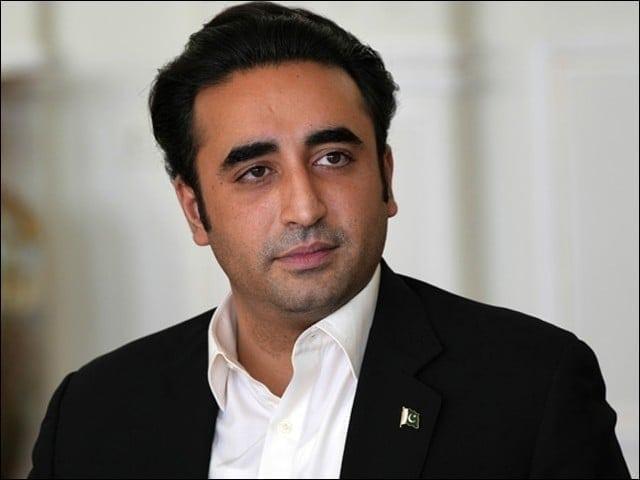- Home
- Technology
- News
Boeing eyes February for space capsule's first crewed flight
“Currently, we’re targeting a launch date as early as February of 2023”

Washington: The first crewed flight of Boeing’s space capsule Starliner is scheduled for February 2023, the company and NASA announced Thursday, as the United States seeks to secure a second way for its astronauts to reach the International Space Station.
Since 2020, American astronauts have traveled to the ISS aboard SpaceX’s vessels but the US space agency wants to widen its options.
After a series of hiccups in its space program that led to serious delays, including a 2019 flight that did not reach the ISS, Boeing finally managed to send the gumdrop-shaped capsule to the station in May — without a crew.
This time, the aerospace giant will send the Starliner up with humans aboard, to earn NASA’s green light to begin regular missions — at an expected pace of one per year.
“Currently, we’re targeting a launch date as early as February of 2023,” Steve Stich, the manager of NASA’s Commercial Crew Program, told reporters.
“We’re in good shape to execute these plans to be ready for that flight in February,” added Mark Nappi, the Starliner program manager at Boeing.
The test flight — aptly named CFT, or Crew flight test — will carry US astronauts Barry Wilmore and Sunita Williams.
They are expected to be docked for eight days at the ISS, where they will conduct a series of experiments, said ISS program manager Joel Montalbano.
“Our agency goal is to get two US commercial providers up and running as soon as we can.”
Boeing had hoped to conduct this test flight before the end of the year, but a few glitches experienced in the uncrewed May flight led to necessary adjustments to the vessel.
An issue was detected in the propulsion system: two thrusters responsible for placing Starliner in a stable orbit failed, though officials insisted there was plenty of redundancy built into the system to overcome the problem.
Boeing’s teams later determined that “debris-related conditions” were to blame, Nappi said, adding that the origin of said debris was still unknown.
Some filters were removed to fix a pressure problem, and flight software was updated to avoid data overload.
Boeing and SpaceX were awarded contracts in 2014, shortly after the end of the space shuttle program, during a time when the United States was left reliant on Russian Soyuz rockets for rides to the ISS.
Elon Musk’s SpaceX filled the void first, providing space “taxi” service since a successful test mission for its Dragon capsule in 2020.
SOURCE: AFP

Gold price hits new historic high in Pakistan
- 2 گھنٹے قبل

Appointment of 10 additional judges for PHC approved
- 7 گھنٹے قبل

Incentive package for public in real estate, housing sectors
- 5 گھنٹے قبل

KP govt announces Ramadan package for deserving families
- 8 گھنٹے قبل
Los Angeles fires fully contained after burning for 3 weeks: state agency
- ایک گھنٹہ قبل

Is Bollywood icon Aamir Khan in love again: reports
- 5 گھنٹے قبل

A new Supreme Court case would force the government to create religious public schools
- 5 گھنٹے قبل

12 terrorists killed, 18 FC soldiers martyred in Kalat operation
- 5 گھنٹے قبل
Washington crash: US Army Black Hawk unit was responsible for doomsday readiness
- ایک گھنٹہ قبل

Match officials announced for tri-nation ODI series in Pakistan
- 6 گھنٹے قبل

Maryam Nawaz inaugurates agricultural tube well solarization project
- 9 گھنٹے قبل

India exempts tax on income up to INR1.2mn for salaried class
- 6 گھنٹے قبل














.jpg&w=3840&q=75)
